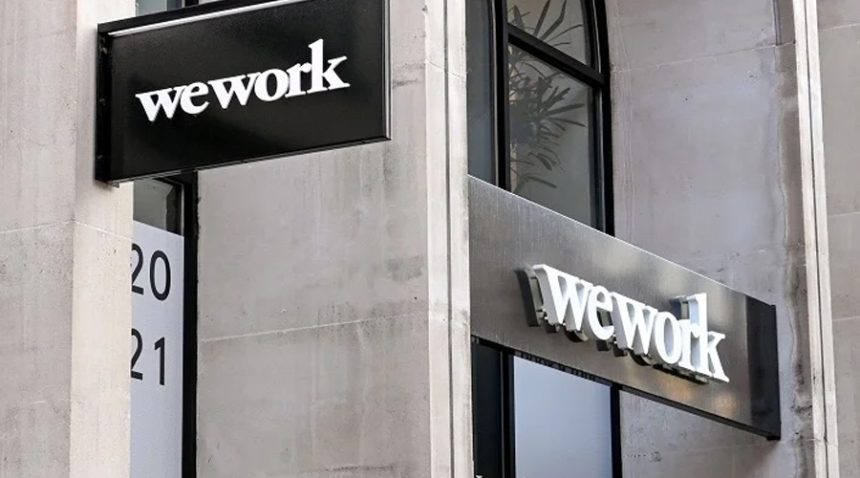The flexible workspace leader is going public! With ₹174 Cr profit in H1 FY25 and 59 centers across India
WeWork India, a prominent player in the flexible workspace sector, has recently filed a Draft Red Herring Prospectus (DRHP) with the Securities and Exchange Board of India (SEBI), signaling its intent to go public through an Initial Public Offering (IPO). This move comes at a time when the demand for flexible office solutions is on the rise, and investors are keenly observing the dynamics of the co-working industry.
IPO Structure and Details
The proposed IPO is structured entirely as an Offer for Sale (OFS), comprising up to 43.75 million equity shares. Embassy Buildcon LLP, the promoter selling shareholder, plans to divest up to 33.46 million shares, while 1 Ariel Way Tenant Ltd, an investor selling shareholder, intends to sell up to 10.3 million shares. Notably, WeWork India will not receive any proceeds from this sale, as the funds will go directly to the selling shareholders.
Company Background and Ownership
Established in 2017, WeWork India is a subsidiary of the Bengaluru-based real estate firm Embassy Group, which holds a 72.4% stake in the company. The remaining shares are owned by WeWork Global through 1 Ariel Way Tenant Ltd. Karan Virwani, son of Embassy Group’s founder Jitu Virwani, serves as the CEO of WeWork India.
Financial Performance
In the first half of the fiscal year 2024-25, WeWork India reported a profit of ₹174.13 crore, a significant turnaround from the net loss of ₹135.83 crore recorded in the previous fiscal year. The company’s total income during this period stood at ₹960.76 crore. This positive performance reflects the growing demand for flexible workspaces in India.
Operational Footprint
As of September 30, 2024, WeWork India operates 59 centers across major cities, including Bengaluru, Mumbai, Pune, Hyderabad, Gurugram, Noida, Delhi, and Chennai. These centers collectively offer approximately 94,440 desks with a total leasable area of 6.48 million square feet. The company’s portfolio primarily consists of Grade-A office spaces, catering to a diverse clientele ranging from startups to large multinational corporations.
Market Position and Competitiveness
WeWork India has established itself as a leader in the flexible workspace sector, boasting the highest EBITDA among benchmarked operators as of March 2024. In the fiscal year 2023-24, the company achieved an operating income of ₹1,661.6 crore, marking a 26% increase from the previous year. The occupancy rate across its centers stands at approximately 75%, indicating robust demand for its offerings.
Strategic Considerations for Investors
Investors considering participation in WeWork India’s IPO should assess several factors:
- Industry Growth Prospects: The flexible workspace industry in India is poised for growth, driven by the increasing adoption of hybrid work models and the expansion of startups and multinational companies.
- Financial Health: The company’s recent profitability and revenue growth are positive indicators. However, potential investors should scrutinize its debt levels and long-term financial sustainability.
- Market Competition: While WeWork India holds a significant market share, the co-working sector is becoming increasingly competitive, with numerous players vying for clients.
- Global Affiliations: It’s important to consider the implications of WeWork Global’s past financial challenges and bankruptcy proceedings on WeWork India’s operations and brand perception.
- IPO Valuation: The absence of fresh issue components means the IPO proceeds will benefit existing shareholders. Investors should evaluate the offering price relative to the company’s earnings and market position.
WeWork India’s decision to pursue an IPO reflects its confidence in the burgeoning demand for flexible workspaces in India. The company’s strong operational presence and recent financial turnaround make it a noteworthy contender in the co-working industry. Prospective investors should conduct thorough due diligence, considering both the opportunities and risks associated with the investment, to make informed decisions.






